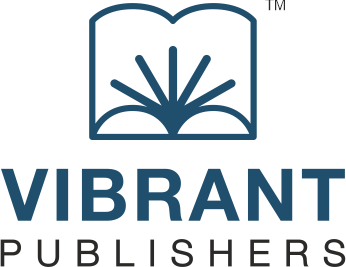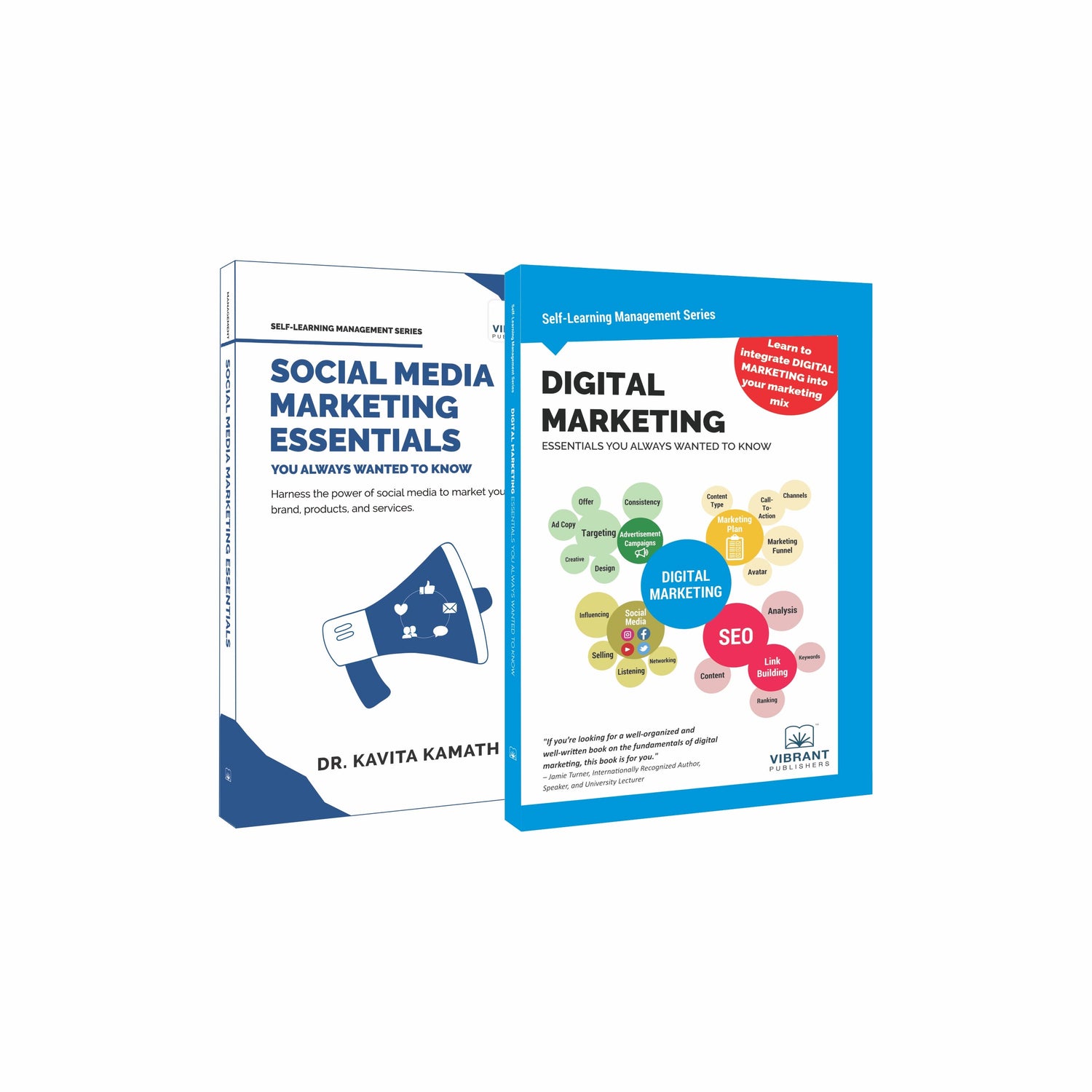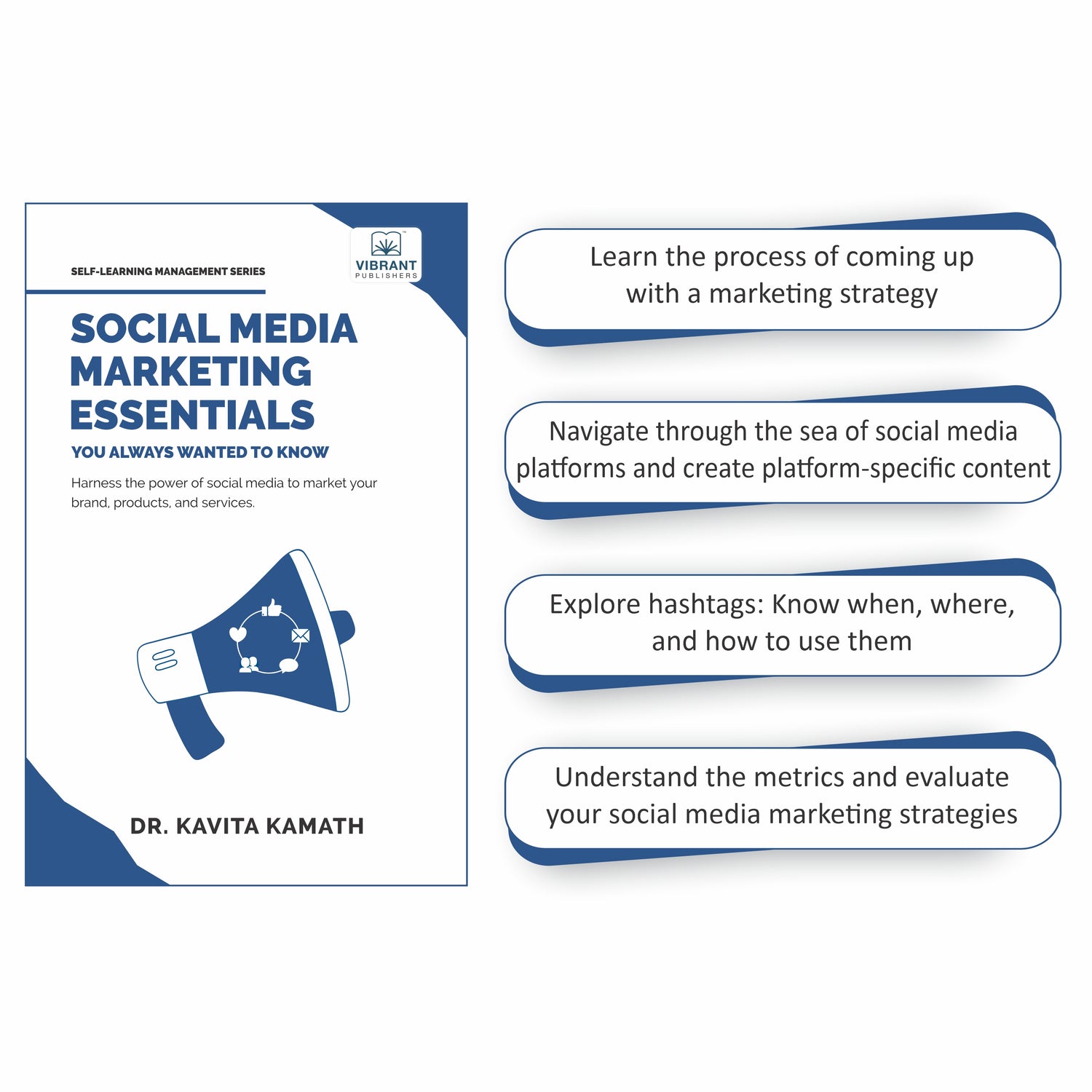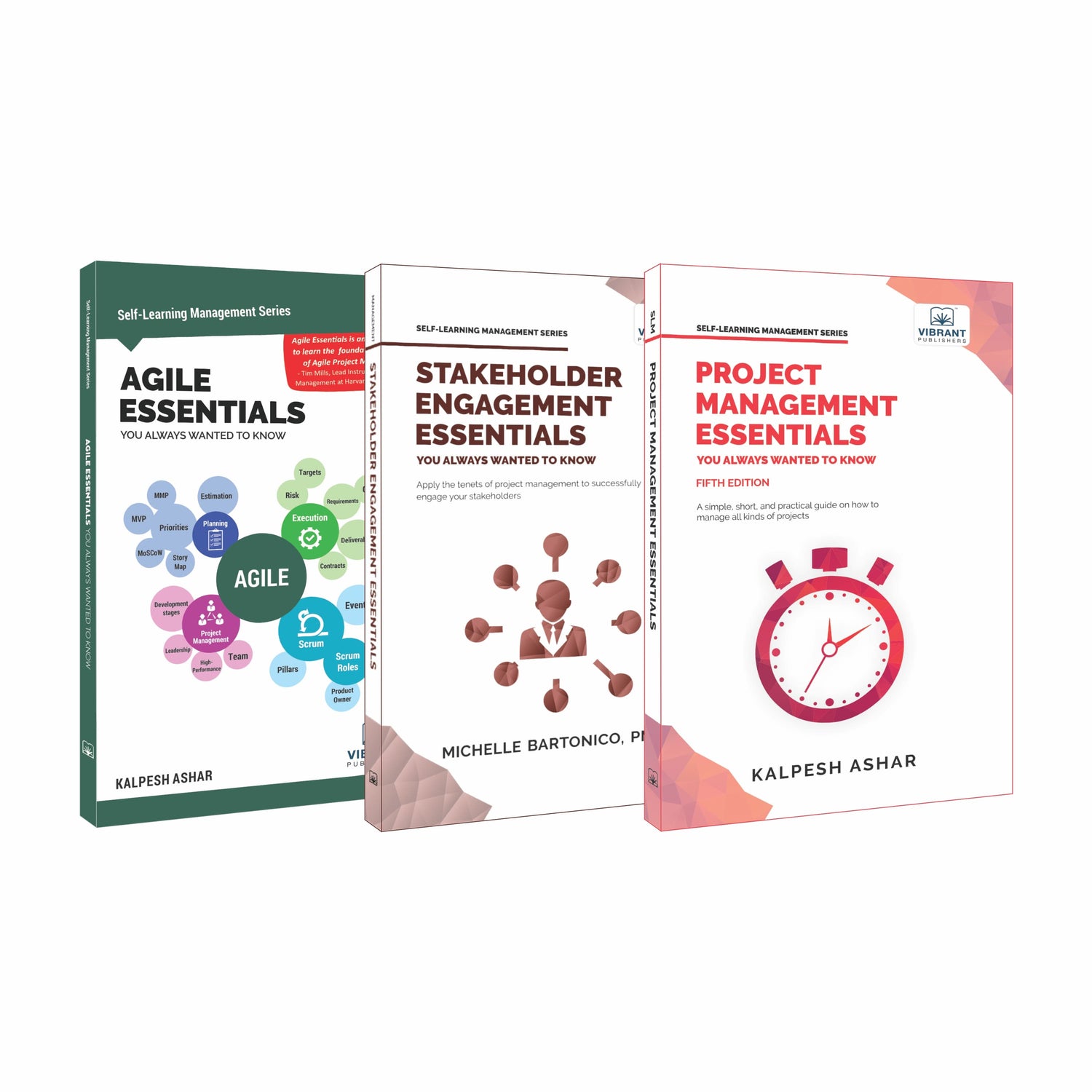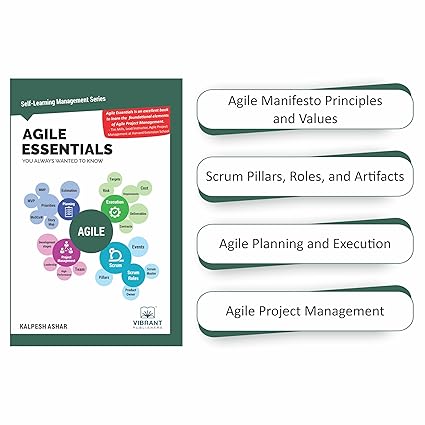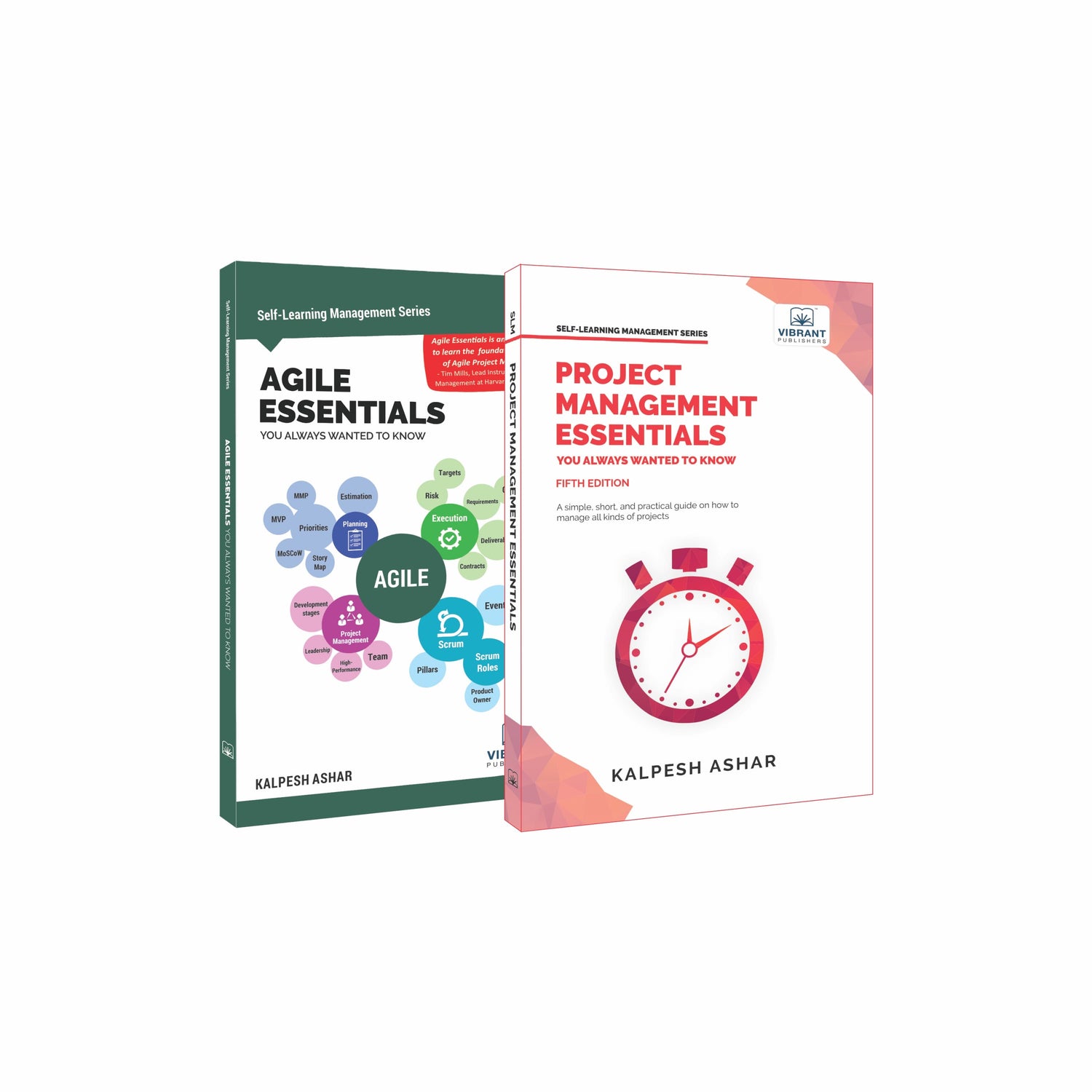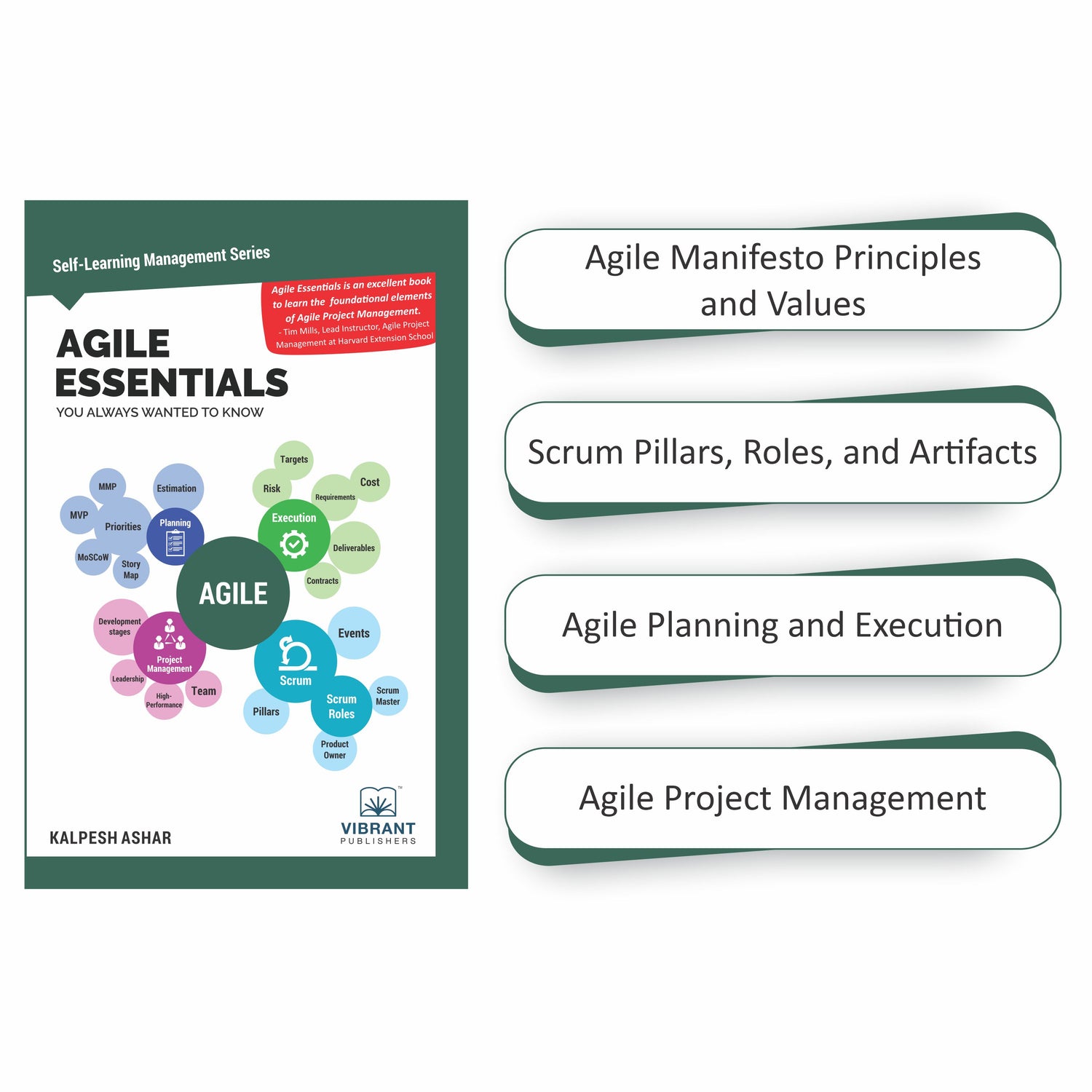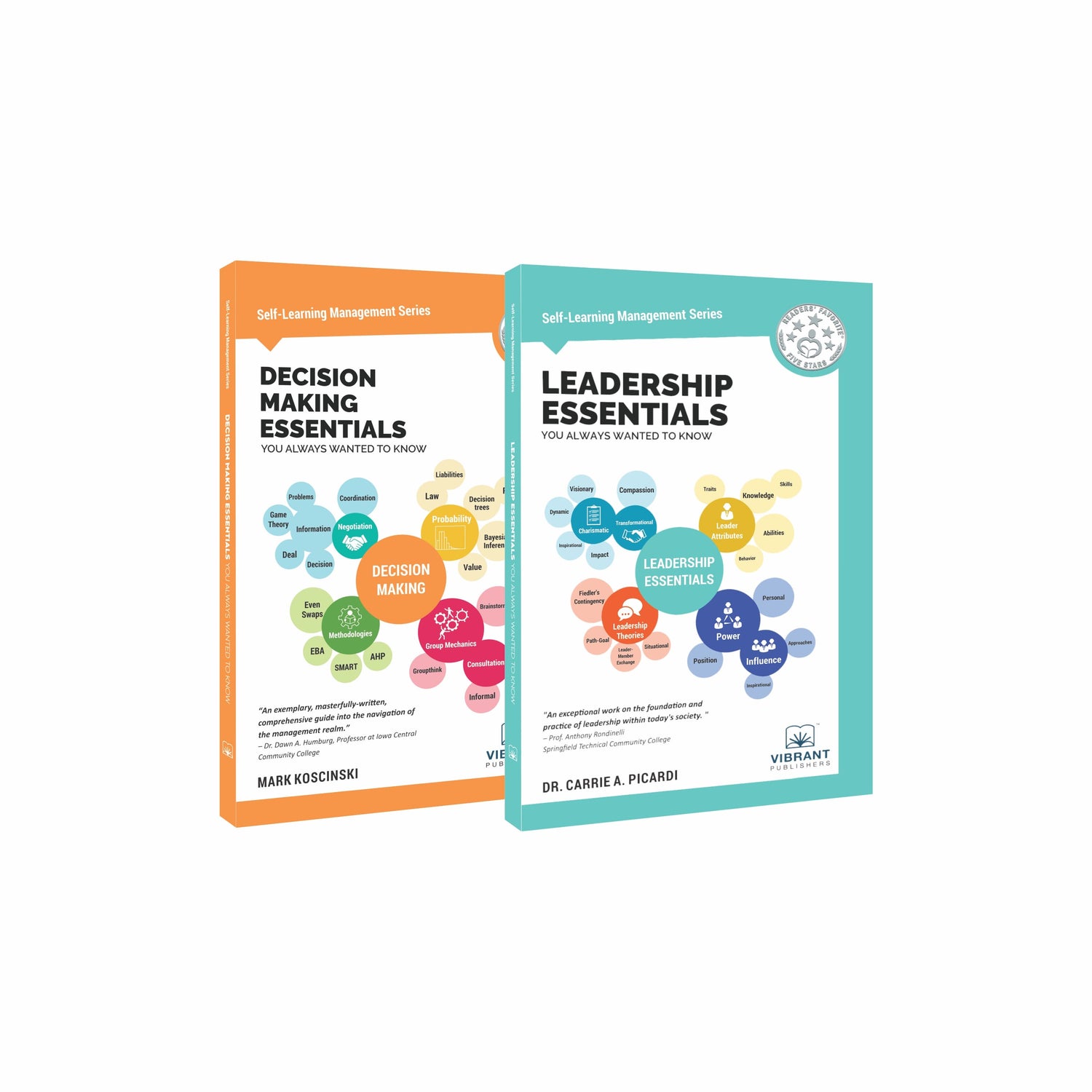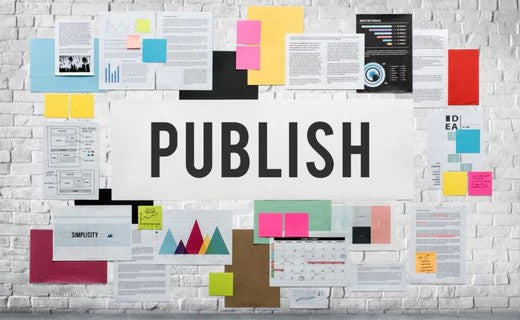
Tips for Choosing an Academic Book Publisher
Introduction
Writing a book is a difficult process, whether it is for a commercial or academic audience. From finding a writing routine to actually drafting the book, authors—especially first-time writers—might feel daunted by the complex procedures involved. But signing a contract with the right publisher makes this process much more rewarding.
We’ve compiled a list of things as well as quick tips you need to keep in mind while choosing the right academic publisher for your book. If you are looking to write your first book and are searching for the right publisher, dive right in.
#1: Approach Your Book From the Right Perspective
Think about why you want your book to be published. Writing and publishing an academic book successfully can be a great supplement to your academic career. As a scholar, you’ll want your work to be published and people to recognize its merits. If you are proud of your work and want it to be appreciated in academic spheres, you’re on the right track. But if you’re only intent on commercial profits, then an academic publishing career might not be the best fit for you—you might want to think of approaching commercial book publishers.
Tip: Aim to add to your academic accolades, not to start a potential business venture.
#2: Every Publishing Press is Different
It’s tempting to choose the most popular publisher because you want your book to be famous. But that might not be the best approach. Consider the profile of the publisher who has solicited you or whom you’re planning to send your proposal to. What kinds of books do they publish? Within academia, what is their focus—towards the humanities or sciences? Do they have an international market? Your book proposal should be in line with the type and style of publications produced by them.
Tip: Don’t focus on the status of the publisher; look at the type of material they publish.
#3: Submitting a Book Proposal
After you make a list of the publishing presses that publish academic books within your field, reach out to them with a book proposal. Sometimes they might reach out to you first. At this stage, you’ll need to provide an introduction of yourself and the work you do, along with a summary of the book and what you will include in it. A summary might talk about the topic of the book, where the evidence has been gathered from, a brief list of sources, and the main argument on which the book is based, among other things. This is needed so that the publisher can decide whether the book fits within the realm of their publications and whether they want to go ahead with your book or not. Additionally, if your book’s topic happens to be related to a popular subject currently under discussion, that will be a bonus.
Tip: Detail your expertise in your subject area and the unique contribution your work will make to the field.
#4: Watch Out For These Red Signals
Don’t be so eager to get your book published that you are willing to agree to any kind of contract. It is easy to be lured by promises of quick publishing—within less than 3 months, for example—and promises that the work will be ‘easy.’ Usually, low-rated publishing presses who approach you over the internet—over instagram or facebook, for example—will try to attract you by making the process of publishing sound easy and effortless. As great as that sounds, it really isn’t true. Publishing is a long process, usually not less than a year, and there are many stages involved before you get the final book into your hands. But it is an extremely rewarding process, so take your work seriously and be willing to put in time and efforts for it.
Tip: Be wary of overly low processing fees and highly ambitious timeframes.
#5: Before the Contract
We’ve talked about publishing being a lengthy and often difficult process. Now you might be wondering—what are the early stages of that process? Once you reach out to a publisher and submit your proposal for the book, the publishers will ask you to submit a detailed proposal of your book if they’re interested in it. This could include one or two sample chapters of the book. At this point, you might have to take back your proposal submissions from other presses. These sample chapters will be reviewed by peer reviewers, depending on which the publisher will decide whether to offer you a contract.
Tip: Look at whether you’re comfortable with the publisher and their communication style—and whether they seem genuinely interested to work with you beyond the obvious commercial gain.
#6: Peer Reviews
The most important people who’ll review your book are peer reviewers. Peer reviewers are professors within your field, industry experts, and subject-matter experts who have in-depth experience of the subject matter of your book. Look for a publisher who offers a good peer review system—this will help shape your book to become the best possible academic material.
Tip: Ask your publisher about the peer review system they offer and who will be reviewing and suggesting changes to your drafts.
#7: Marketing the Book
The marketing of the book is majorly done by the publishing company, but as the author, you have to be involved as well. Ask your publisher what type of marketing channels they use and whether they are looking to promote your book internationally. Publicity is the most important aspect—ask the publisher how they plan to market the book and what are the responsibilities required of you, for example, talking about your book at conferences or promoting it in your institution.
Tip: Be realistic about your expectations; it takes a while for marketing efforts to pay off.
#8: How Much Will You Earn?
Academic books have a very specific audience and are not for the general commercial book market. That can be an advantage as well as a drawback. The advantage is that academic books are always in demand—especially textbooks, test prep and reference material. The flip side is that these books cannot be promoted to a wider or more general audience of readers, as in the case of commercial fiction or nonfiction books. Expect to earn a fair amount—the satisfaction that comes from having this achievement will surpass everything else.
Tip: Your first book might not give you a dramatic increase in income, but you will earn well in terms of gaining publicity and recognition from peers.
CONCLUSION
Don’t shy away from asking advice from academic advisors, colleagues, and senior peers, especially those who’ve already published their work before. You might want to conduct thorough research on the publishing presses available and the terms and contracts they offer before making a decision. It’s all about your perspective- how you approach your proposed book and what are the end goals you have in mind aside from having your book published.
At Vibrant Publishers, we are always on the lookout for good authors. If you are interested in sharing your expertise with us in the form of a book, fill this form.
About Vibrant Publishers | Why You Should Trust Us
Vibrant Publishers is a one-stop destination for authors seeking to share their expertise with the world through a professional and streamlined publishing process. We are a Colorado-based publishing house, established in 2011, with a mission to produce high-quality books tailored for entrepreneurs, IT professionals, management experts, graduate students, and competitive exam aspirants. With 200+ published titles available in more than 100 countries, Vibrant Publishers has earned its place as a global leader in niche publishing.
We have worked with renowned authors like Jagdish Sheth, Dr. Michael Walsh, Mark Koscinski and other esteemed authors who are industry experts and distinguished leaders in their respective fields. Read more about them here. We’re part of a robust community of over 100,000 professors who highly commend our books and also review and adopt them. When you onboard with us as an author, you can be assured of exceptional support through all stages of publishing from editing, and book cover designing to printing, marketing, and distribution.
At Vibrant Publishers, we are committed to quality and excellence, making your publishing journey successful and rewarding.
Email us at reachus@vibrantpublishers.com to discuss publishing with Vibrant Publishers.Share
